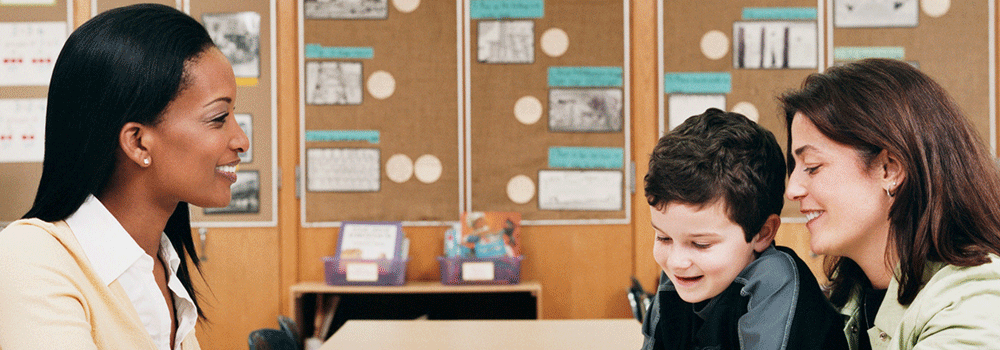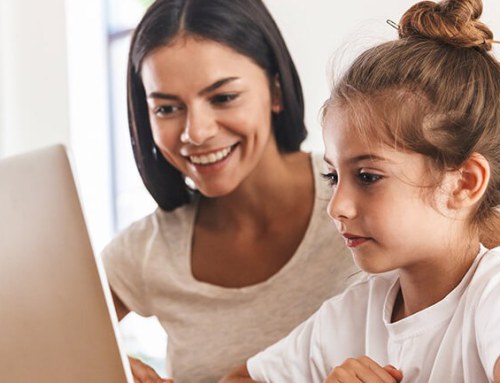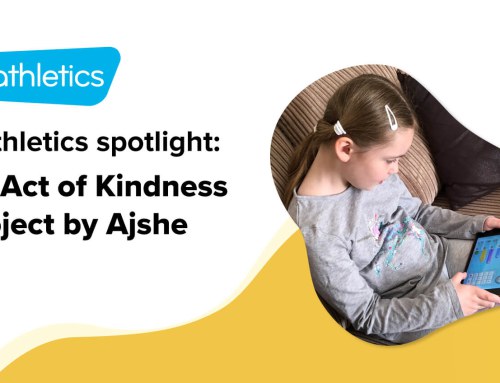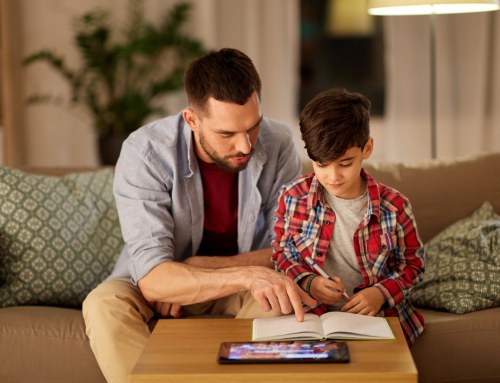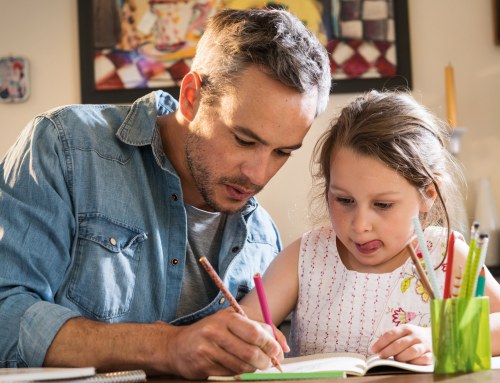Strong communication is fundamental to a parent-teacher partnership and to foster a sense of community for the child between home and school.
As your child’s greatest teacher and role model, it’s vital that you get involved in their schooling, rather than sitting back and letting the teacher handle it all.
There’s plenty of evidence that shows positive communication between parents and teachers help improve a child’s academic performance.
Here are three reasons to get more involved.
1. Your Child’s Overall Development Improves
Increased motivation for learning, more regular attendance, a more positive attitude about homework and school – these are a few benefits for children when parents are involved.
Your child needs to see the importance that you, as their parent, put on their education. But make sure this doesn’t translate as an emphasis on always having to come first or being top of the class
2. Teachers Teach Better
Parental involvement enables teachers to be more focused when it comes to teaching.
As parents, you know what stimulates, bores, and interests your child. You know your child’s learning style and you also know if there are any other issues going on that might be affecting their learning at school.
When you put in the time to communicate with teachers, you help them understand more about your child’s home learning environment and needs.
Ongoing communication with your child’s teacher allows them to tailor their approach and apply appropriate strategies to suit your child’s needs and learning in class.
Parents who are involved also tend to have a more positive view of teachers, which results in improved teacher morale.
3. You Learn More
By being involved, you get to hear new ideas about learning and teaching techniques from a different perspective. As you share resources and exchange stories, it expands your parenting knowledge and skills, giving you the confidence to know how to better support your child’s learning at home.
As you learn more about the school’s academic program and activities, you get to see an overall picture of the school’s efforts and develop a greater appreciation for what the staff and teachers are doing.
Building a rapport with teachers is even more crucial during lockdowns, when children’s routines are disrupted and they’re social interactions halted. Technology has played a big role in making communication between home and school possible and efficient.
Seek out opportunities for communication on a regular basis to ensure your child’s physical, social-emotional, and cognitive needs met. The best educational results happen when each of these needs are met.
Top 3 Tips on How Parents Can Connect Effectively with Teachers
What is your child’s teacher preferred mode of communication?
Teachers have a tight schedule and a huge workload. At drop-off and pick-up times, teachers are usually very busy.
It’s good to discuss this at the start of the school year to know which communication channel works best for your child’s teacher. Does he or she prefer to use the school communication channels? Email? Is she open to communicating through text? Or is a scheduled phone call the preferred choice?
Be mindful that teachers have other students to look after and many other parents to talk to as well. Emailing your child’s teacher everyday or calling her frequently might not be the most productive way. If you have questions to ask that are not urgent, compile them and schedule a phone call to have a chat.
Be prepared before attending parent-teacher interviews
Parent-teacher interviews are a great opportunity to communicate with your child’s teacher and hear how your child is tracking. They are also a great way to discuss any troubles or questions you may have regarding your child.
Think about what you would like to discuss with your child’s teacher, so that you make the most out of your allocated time with her. When discussing learning issues you’re concerned about, ask for ways you can help at home that reinforce any learning that’s going on in the classroom.
If you can’t make it to the interview, ask whether you can reschedule through an online meeting. In saying this, communicating with your child’s teacher isn’t just attending parent-teacher interviews.
Small gestures count
There are many other ways to stay in touch and to create a positive two-way relationship, including email, volunteering in the classroom or by adding comments to a homework book.
To encourage teachers and show your appreciation, why not drop personal Thank-you notes to acknowledge their efforts? You could also share snippets of positive things your child has said to you at home about them.
Bonus tip!
What online education tools does the teacher use in class? Can you tap into the resources or features in these programs?
For example, if your child’s school uses Mathletics, login using your child’s details to The Student Console. This allows you to regularly check up on your child’s maths progress and to see the areas where they are excelling, as well as areas where they might need a little extra support.
Matheltics also has a wealth of resources and activities you can access, such as printables, workbooks and e-books.
Remember that it’s a three-way relationship between you, your child and their teacher and that only by working together positively can you help your child achieve their full potential.

